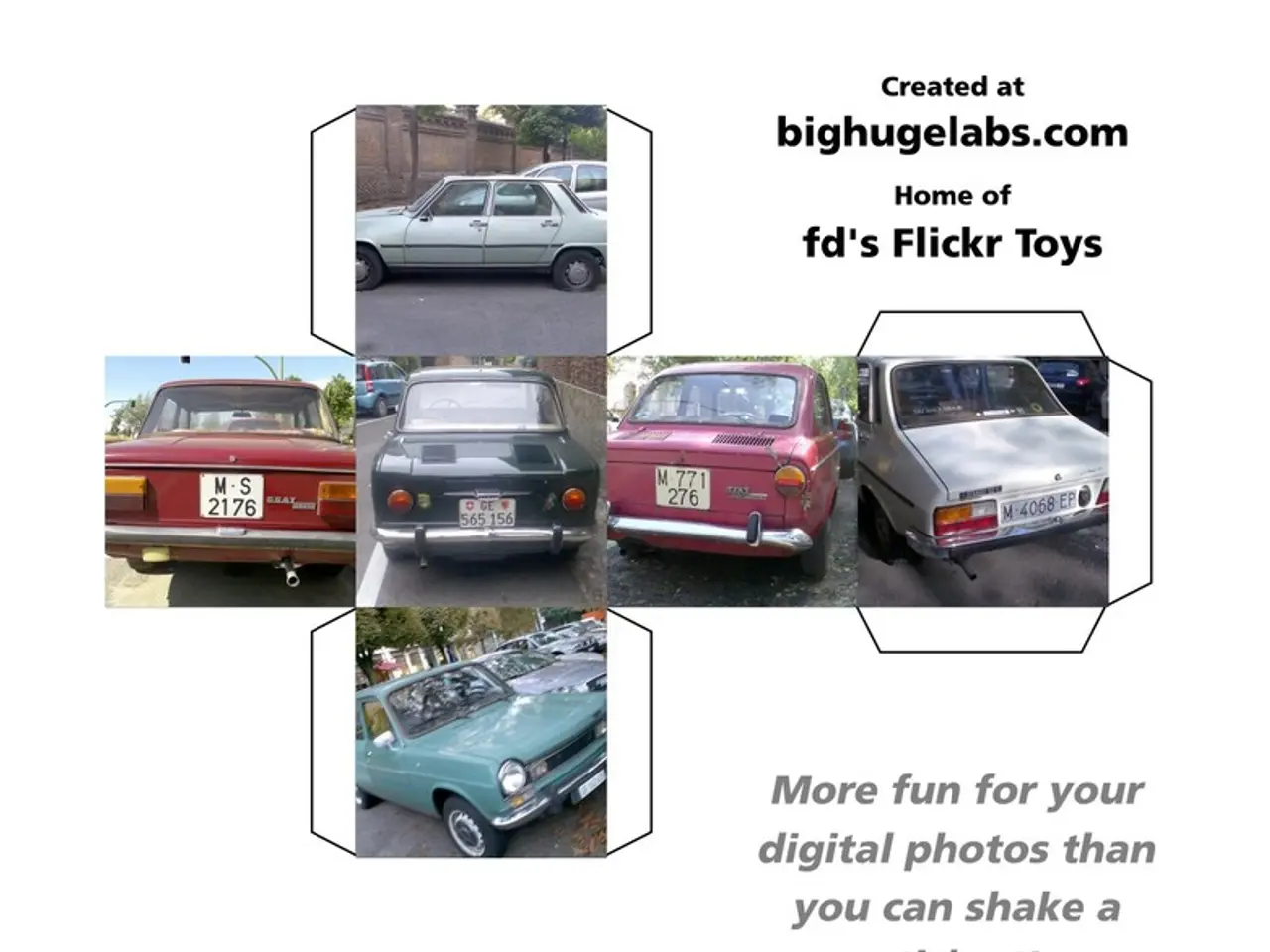Suppliers in the auto industry remain resilient, adapting to tariffs and altering their strategies
The Center for Automotive Research in Ann Arbor, Michigan, hosted the annual Management Briefing Seminars (MBS) this year, with a shift in dates from August to mid-September. The event, which traditionally takes place at a resort outside Traverse City, Michigan, was held at Detroit's refurbished Michigan Central Station.
Two key auto suppliers, Forvia Hella and Martinrea International, spoke at the MBS in Detroit. Forvia Hella, an automotive supplier specializing in vehicle lighting and electronic systems, had significant exposure to China in 2018. The Trump administration's expansion of tariffs across many countries and products during its second term has prompted Forvia Hella to develop short-term, mid-term, and long-term strategies to deal with these tariffs.
Sven Hoenecke, the executive vice president of purchasing for Forvia Hella, expressed optimism about the push for more local sources. However, he also pointed out that rare earth metals, crucial for many electronic components, are concentrated in China and other countries, and are not plentiful in the United States.
Automotive suppliers, including Forvia Hella, are spending time with their own suppliers to determine the point of origin for components and calculate tariff-related costs. Schaeffler, another auto supplier, had already anticipated discovering local sources for components at the beginning of the new tariff era, driven by logistics developments accelerated during the pandemic and strategies involving local production and assembly in markets such as China.
Megan Hunter, the executive vice president, procurement and supply chain operations for Martinrea International, also addressed the MBS. Martinrea International designs, develops, and lightweight structures and propulsion systems. The company, like Forvia Hella, is focusing on finding local sources to reduce the impact of tariffs.
According to AlixPartners, tariff levels on cars and trucks may ease. This could potentially alleviate some of the burden on importers, with much of the cost being passed onto consumers. As auto suppliers continue to navigate the complexities of tariffs and sourcing, events like the Management Briefing Seminars provide a valuable platform for discussion and collaboration.
Read also:
- Catastrophe at a U.S. Steel facility in Pennsylvania results in the loss of two lives. crucial details unveiled
- Auto Industry Updates: Geotab, C2A, Deloitte, NOVOSENSE, Soracom, and Panasonic in Focus
- Liverpool unveils plans for expanding its electric fleet: intends to incorporate 50 new electric buses
- Republican Representative Buddy Carter from Georgia discusses solar energy, electric vehicles, and nuclear power.




